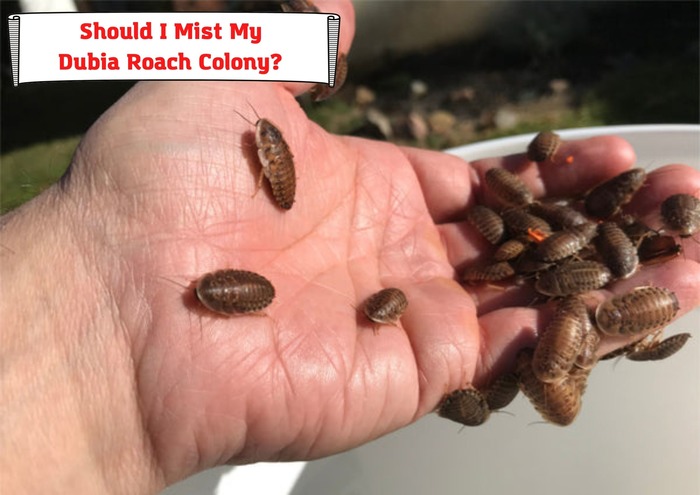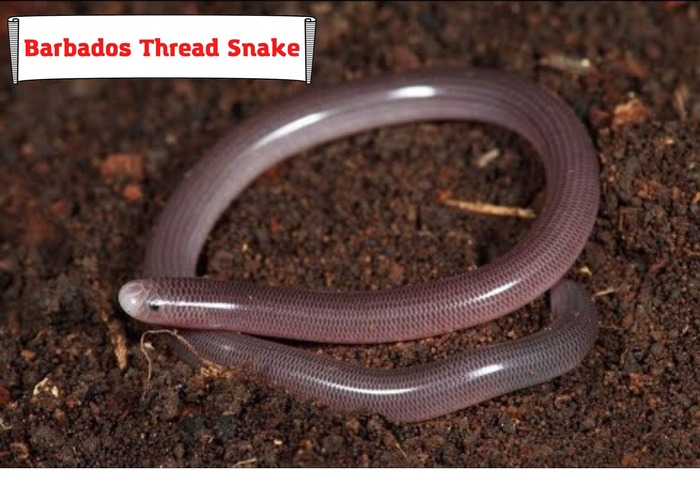Python hunting is not for the faint-hearted. These deadly constrictors must be caught alive because anti-animal cruelty laws apply to invasive species as well as cute, cuddly pets. The only way to capture the python is by trapping it (which is prohibited on public land) or sneaking up on it and grabbing it by the head. The bad news is that these reptiles have a very tiny brain that is almost impossible to target effectively from a distance.
Not an easy task! Especially considering that they are capable of growing to 20 feet long and weighing up to 200 pounds. If you are wondering why anyone would be crazy enough to go cruising for this kind of bruising, the answer lies in the incredible value of python skins. It also doesn’t hurt that the State of Florida has an annual competition where the person who bags the most pythons walks away with $10,000.

Even Invasive Pythons Deserve a Merciful Death!
Pythons must be captured alive because they are notoriously difficult to kill humanely from a distance. Shooting at a python or slicing its head off will cause the poor predator to suffer an agonizingly long and painful death. The only way to kill the pythons mercifully is by capturing them alive and sedating them. Once the pythons are immobile, you can deliver a merciful death by crushing their brains with single decisive blows.
Euthanizing the snakes is not a viable option because their incredibly slow metabolism would drag out the process for too long. Their slow metabolism is also responsible for the weird phenomenon of snakes surviving for hours after their decapitation. Freezing the pythons was also ruled out as an acceptable method of killing them because anti-cruelty laws aim to prevent painful and prolonged deaths.
How Pythons Should Be Killed
Licensed python hunting professionals are permitted to transport the animals to another location before euthanizing them. Amateur hunters are required to kill them humanely at the site of capture. It is illegal for anyone without a license to transport the snakes.
Hunters who profit off python skins have found themselves on the wrong side of the law after trying to transport the pythons alive to prevent them from degrading. Once the python is captured, it can be killed per the two-step process provided by American Veterinary Medicine Association.
1) Capture the Python
This process ensures hunters can kill pythons without placing themselves at more risk than they expect when pursuing pythons. Hunters are discouraged from pursuing large pythons alone because the snake could quickly turn the tables on them should it fight back. Though pythons are not venomous, they can wrap around you while trying to escape. Their bite creates a nasty wound that could bleed for several hours. Anticoagulants in the python’s saliva prevent the wound from bleeding.
2) Perform an Immediate Loss of Consciousness Procedure
Hunters who cannot transport the pythons are required to ensure the snake is not conscious. There are two ways to knock out a python. Both of them include a direct shot to the reptile’s brain. You can use a captive bolt with a velocity of 55 meters per second.
Alternatively, the captured snake can be knocked out sung a pneumatic air gun or firearm with a muzzle energy of at least 300 foot-pounds. If the python captured weighs more than 400 pounds, you will need at least 1,000 foot-pounds. You are free to use any other tools that will secure immediate unconsciousness. If you opt to use a firearm, ensure you comply with local firearm laws.
3) Destroy the Brain
Once the python is unconscious, you should kill its brain by a method called pithing. Picture an imaginary X on the python’s head. Once you have identified the central spot, use a small rod, e.g., a pick, spike, or screwdriver, to penetrate the cranial cavity. Ensure you hit the spot with a powerful multi-direction motion that destroys the brain in a single blow.
Do You Need a License to Hunt Pythons in Florida?
Ever since a bunch of invasive Burmese pythons escaped into Southern Florida’s Everglades in the 1970s, the state has been desperately trying to get the mushrooming python population under control. The efficient exotic predator has systematically decimated the population of small and mid-sized mammals creating an environmental disaster.
Ecosystems are notoriously delicate. The invasive South East Asian predators could not be allowed to hunt the local population of raccoons, mash rabbits, and foxes into extinction. Who knows what horrors that could have led to? The thriving population would have had to turn to larger mammals… Sounds like a horror movie script.
Once a species has been declared invasive, people do not need licenses to hunt it down. The authorities encourage residents to spot sightings of the pythons. Those with the skill set to hunt, capture and kill them humanely are encouraged to do so. This does not mean that python hunting is free for all with no rules involved. Though you do not need a license, there are some regulations you will be required to comply with.
Considerations When Hunting Pythons in Florida
Florida’s Fish and Wildlife Commission encouraged anyone who spots an invasive python to remove it – if skilled enough. If not, you should report the sighting to the authorities immediately. Anyone who is inclined to pursue python hunting is well advised to limit their efforts to the sanctioned areas. Florida’s FWC allows the hunting of pythons in twenty-five public areas.
A quick visit to the FWC website will show you the list of public properties where you can freely hunt pythons. Any public areas not included on the website are the exclusive python hunting grounds of the contractors hired by the state. These areas are considered too dangerous for amateur python hunters to venture into. The last thing the state needs is to end up fighting a bunch of lawsuits from budding python hunters who suddenly found themselves hunted.
Hunting on public land has more restrictions on the means of hunting. Hunters are now allowed to target pythons using traps and firearms. Firearms are considered a cruel means of hunting pythons because even a sharpshooter is unlikely to kill it with a single shot.
On the other hand, traps pose a danger to the very fauna the python hunting is aimed at protecting. There is also the possibility that hunters could fall into each other’s traps. When hunting on public land, hunters are limited to capturing the pythons by hand (yikes!), tongs, hooks, or noose poles.
You can also hunt on private land provided you do not trespass. If your python escapes into private land as you hunt it, ensure you obtain permission from the owner before hunting on private land.
The Best Time to Hunt Pythons in Florida
Your chances of spotting a python are decent, no matter the time of year. It comes down to weather conditions and the time of day. Pythons are nocturnal and prefer to move about in the darkness. This does not mean you cannot spot and hunt pythons in the daytime; it just takes a sharp pair of eyes and a great deal of patience.
During the chilly winter season, pythons are more likely to be spotted during the day. Cold-blooded predators usually fall into the hunters’ radar when they emerge to bask in the sun. Winter also happens to be mating season for the pythons. Hunters cans spot their breeding aggregation or balls from a mile away. These creepy mating balls are formed when many males get entangled with a single female in their frantic attempt to mate.
Anyone who keeps their eyes peeled in the Everglades will likely spot a python sooner or later. Though there were no telltale breeding balls over the summer, hunters finetuned their tracking hacks. They know that pythons increase activity when the temperature rises and rain falls. Ideally, all seasons in Florida are suitable for python hunting if you understand their behavior.
Considering anyone can hunt pythons in Florida, it is a wonder that they continue to roam the Everglades. Many people have snapped up the opportunity to make a little extra cash, get a bit of a workout and save the ecosystem by hunting pythons. These people devote their time and put in a lot of hard work to ensure they succeed without suffering any injuries.
Conclusion
Python hunting in the Florida Everglades is a noble mission to return the delicate balance of the ecosystem. Whether you plan on getting involved for environmental or financial reasons, be sure to tick all the boxes before going hunting. Catching a live Burmese python is not an easy task. If this sounds like your type of sport, you can apply to become a paid python hunting contractor. The annual python hunting competition is an excellent way to dip your toe in the oin because the state trains all competitors before the tournament kicks off.
- Pacman Frog Looks Deflated – What’s Wrong and What to Do? - August 7, 2023
- How to Put Snake Back in Cage after Feeding? Important Concerns - July 31, 2023
- Repta Boost: Instruction, Considerations, Ways to Use - July 24, 2023



